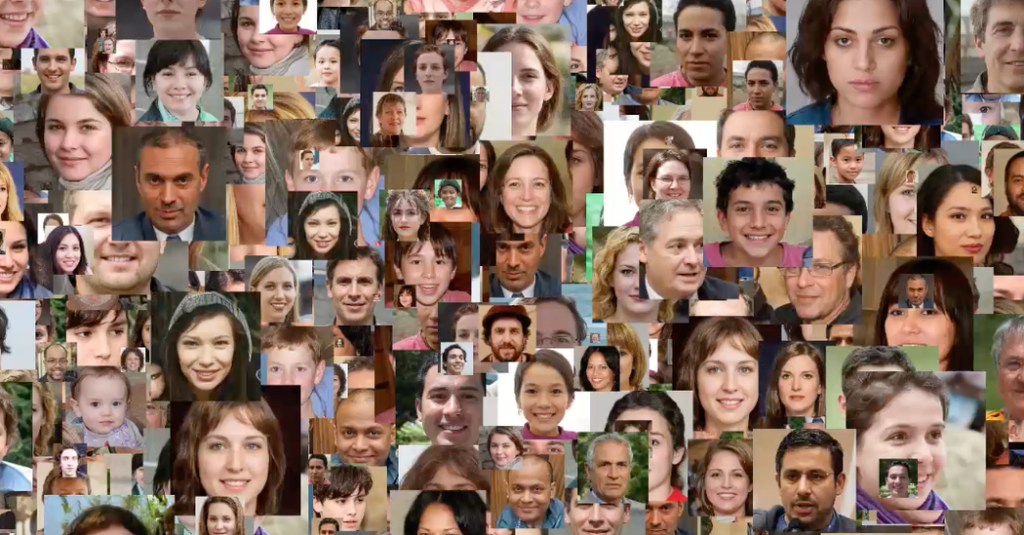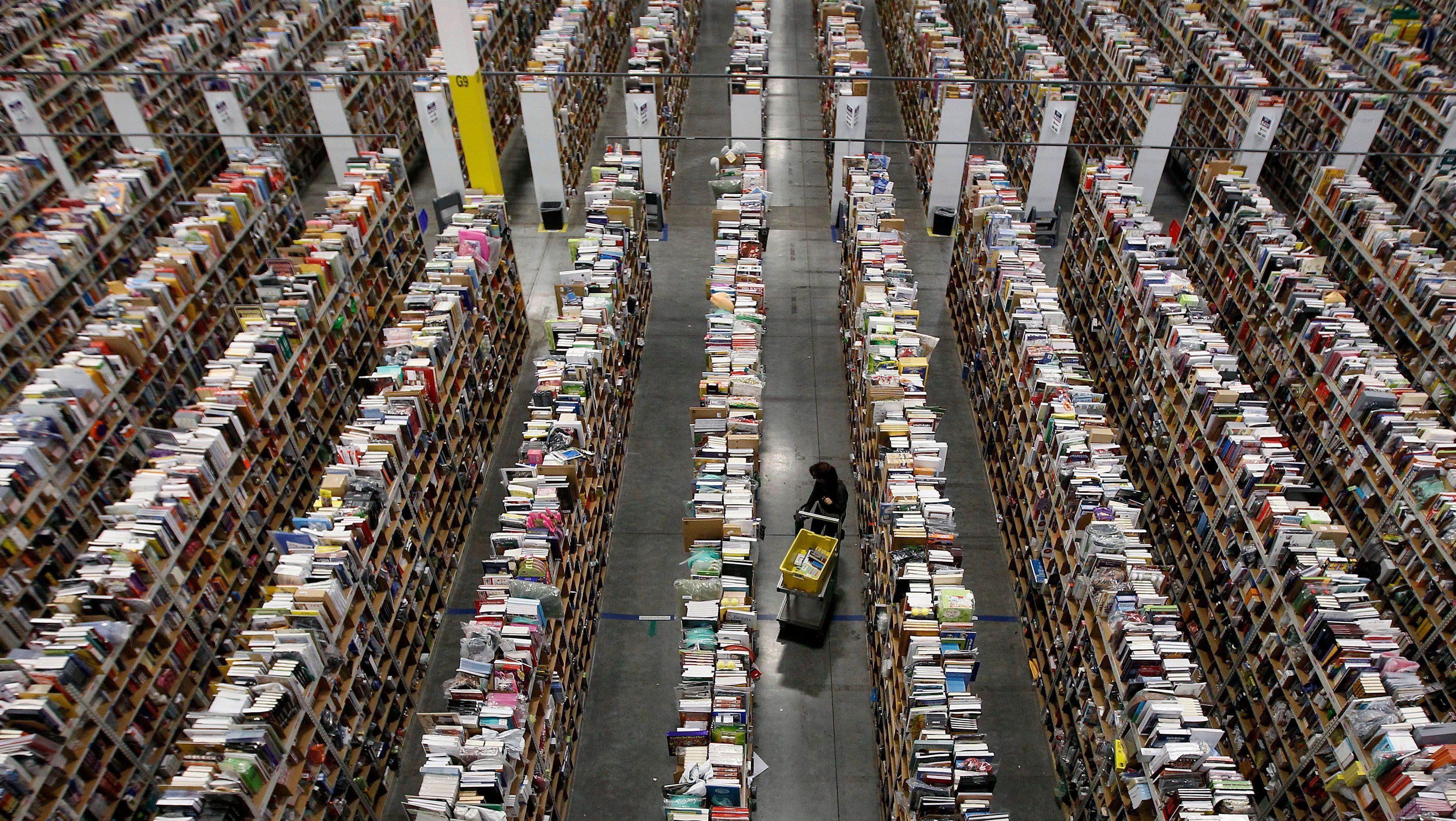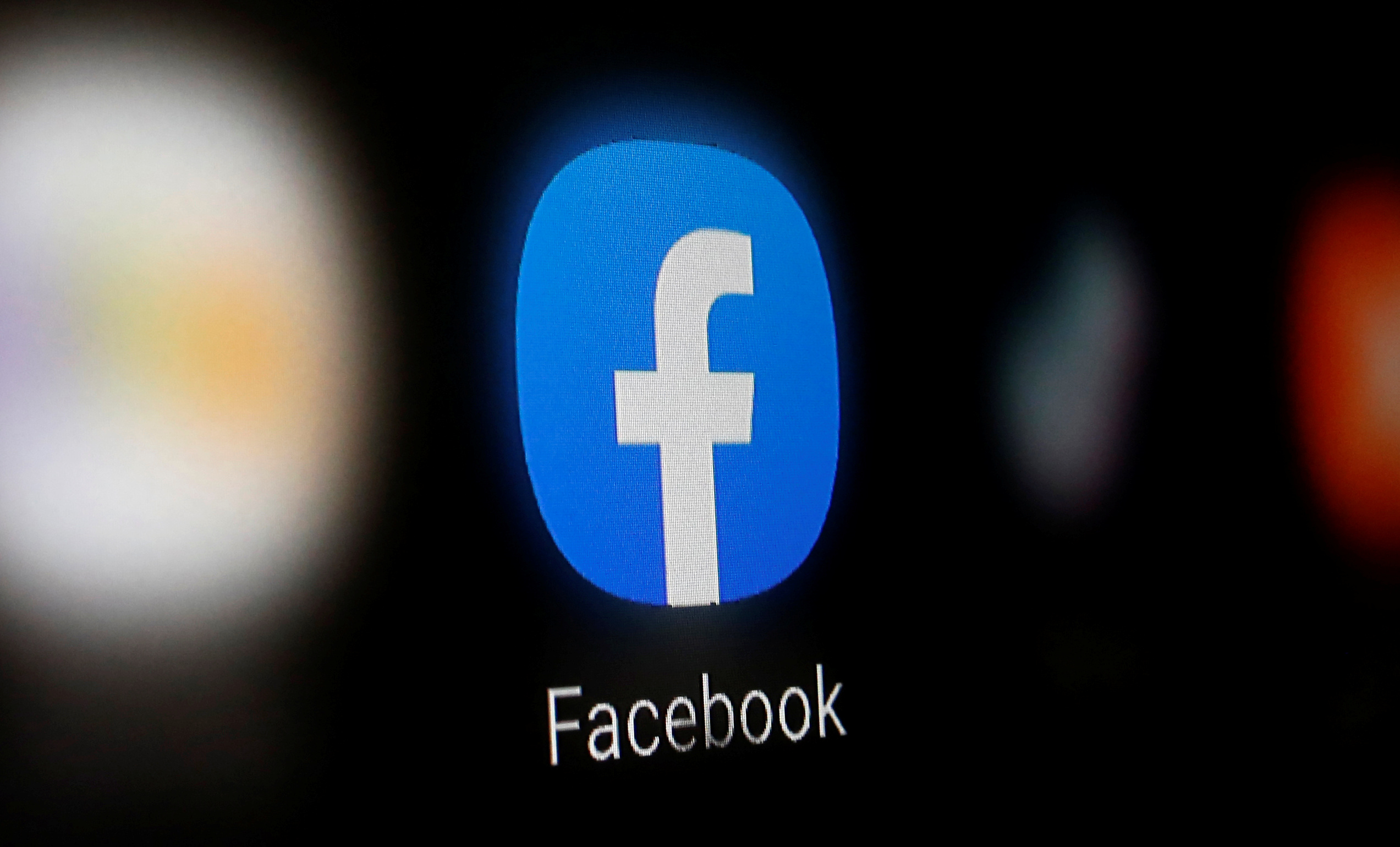Dystopia, aber als leuchtende Werbung.
Tag: dystopia
-
Facebook allows war posts urging violence against Russian invaders
Seeing Meta’s Instagram and Facebook platforms to allow users in some countries to call for violence against Russians and Russian soldiers in the context of the Ukraine invasion is one of the most dystopian news of the past months. The company has been criticised for fueling hatred and hate speech, even with previous policies.
#deletefacebook #deleteinstagram
Meta Platforms will allow Facebook and Instagram users in some countries to call for violence against Russians and Russian soldiers in the context of the Ukraine invasion, according to internal emails seen by Reuters on Thursday, in a temporary change to its hate speech policy.
Source: Facebook allows war posts urging violence against Russian invaders | Reuters
-
Protect your images from abuse by KI
From the “Daily Dystopia Department”: Protect your images from abuse by KI. Headlines that’d be absolutely unthinkable only a decade ago don’t seem to be shocking in the year of the pandemic, 2021.
-
Tech’s strangest jobs of the future, recruited for today
Tech’s strangest job listings: Straight from the “daily workplace automation destruction” protocol.com reports the future of job descriptions, as indicated by job postings today.
Glimpsing the future in eye-opening tech job listings.
The article found quite a few interesting job profiles that companies apparently look for today already:
- Facebook: People Research Scientist, Leadership
- Joby Aviation: Stress Engineer — Occupant Seats
- Oh My Green: Overnight Happiness Ambassador
- DoorDash: Dasher Experience Specialist
- Mondelēz International: Social Listening & Consumer Foresights Lead
Source: Tech’s strangest job listings: Future Edition – Protocol
-
Automatisierte Gesichtserkennung: Warum die Technik gefährlich ist.
Automatisierte Gesichtserkennung: diese Woche is eine Recherche zu dem US Unternehmen Clearview durch die Medien gereicht worden. Die Artikel haben jeweils viel Aufmerksamkeit auf sich gezogen.

Claudia Orsini. cyber. CC-BY-2.0, Flickr. Gesichtserkennung ist das Feature, das man bereits von Fotoverarbeitungsprogrammen, Handys und sogar Sozialen Medien kennt. Für die meisten Nutzer dieser Programme oder Dienste ist das meist ein lustiges, manchmal sogar nützliches Feature. In einer großen Sammlung von Fotos schnell alle für die Geburtstagsfeier alle Freunde wiederzufinden, ist schon praktisch.
Wenn diese Funktionalität die Grenzen der privaten Nutzung überschreitet beherbergt die Anwendung große Gefahren. Zum einen handelt es sich hier im eine private Firma. Weder weiss eine betroffene Person, ob Ihr Bild in der Datenbank geführt wird, noch ist eine Kundenliste der Firma bekannt. Das bedeutet, dass die Anwendung der Datenbank ebenso unklar ist, und damit auch Missbrauchspotential eröffnet. So gab es bereits Fälle, in denen Beamte Frauen nachstellten. Eine Fotodatenbank erleichtert solche Vorhaben. Genauso, wie Regierungen und offizielle Stellen beispielsweise Videoüberwachung öffentlicher Plätze leichter auswerten können. Damit wäre denkbar, Bewegungsprofile von beispielsweise Regierungskritischen Bürgern zu erstellen.
Die Technologie bringt durch Ihren Einsatz im öffentlichen Raum eine automatisierte Verletzung von Privatsphäre der Bürgerinnen und Bürger mit sich, wie auch Ulrich Kelber, Bundesdatenschutzbeauftragter, sich äussert.
In der Süddeutschen hat Simon Hurzt bereits am Dienstag eine handliche Übersicht über die Problematik mit der Technik veröffentlicht. In dem Artikel sind die wichtigsten Fragestellungen über automatisierte Gesichtserkennung antwortet.
-
People recognition
Only days after Clearview hit the news, The Economist runs an article on how the Combating Terrorism Technical Support Office (CTTSO), an agency of the US defence department, has developed another dystopian tool to identify people by their heartbeat.
-
This week in dystopia.
This week in dystopia: The New York Times has an article about the next steps in dystopian future. A start-up evolving face recognition algorithms, fed by a database with facial images, scraped from the open web.

Clearview – This week in Dystopia. A little-known start-up helps law enforcement match photos of unknown people to their online images — and “might lead to a dystopian future or something,” a backer says.
The New York Times: The Secretive Company That Might End Privacy as We Know ItFurther, the article describes the sheer size of the database. At a rate of massive duplicate numbers, three billion images is still impressive.
The system — whose backbone is a database of more than three billion images that Clearview claims to have scraped from Facebook, YouTube, Venmo and millions of other websites — goes far beyond anything ever constructed by the United States government or Silicon Valley giants.
The New York Times: The Secretive Company That Might End Privacy as We Know ItIn times in which criticism of big tech is on the rise. Just this week Jannis Brühl, Head of Tech News Department at @sueddeutsche Zeitung published an opinion that this technology is dangerous and should be banned,. The article include an appeal to German government to create legislation to do so. Jannis is in good company with other tech critics like Eyvgen Morozov
Source: The Secretive Company That Might End Privacy as We Know It
-
Amazon could write books.
 Today in dystopian news: Amazon, the book selling department, controlling about 40% of the US book market, collects reading habbits from their sales and Kindle. By now the corporation knows enough about it’s customers it could be generating best selling books. Spookey. And potentially game changing, when machines replace creative professions.
Today in dystopian news: Amazon, the book selling department, controlling about 40% of the US book market, collects reading habbits from their sales and Kindle. By now the corporation knows enough about it’s customers it could be generating best selling books. Spookey. And potentially game changing, when machines replace creative professions.Amazon has the ability to track vast amounts of reader data and use it to change the landscape of American fiction.
Source: Amazon has so much data it could make algorithm-driven fiction — Quartz

